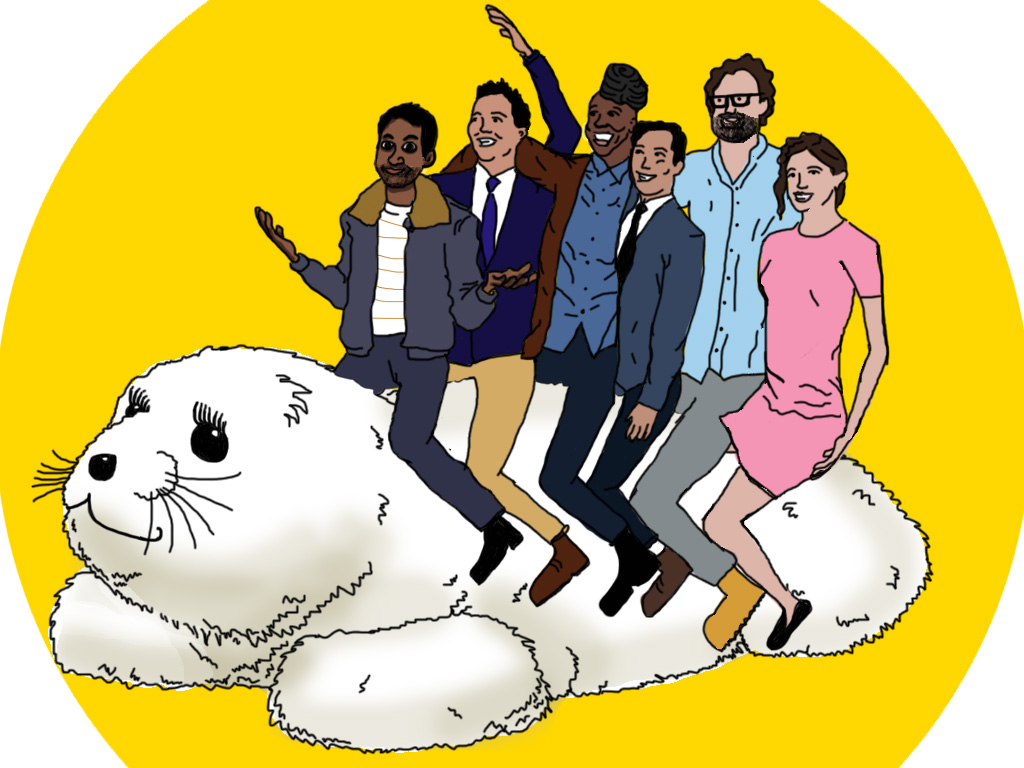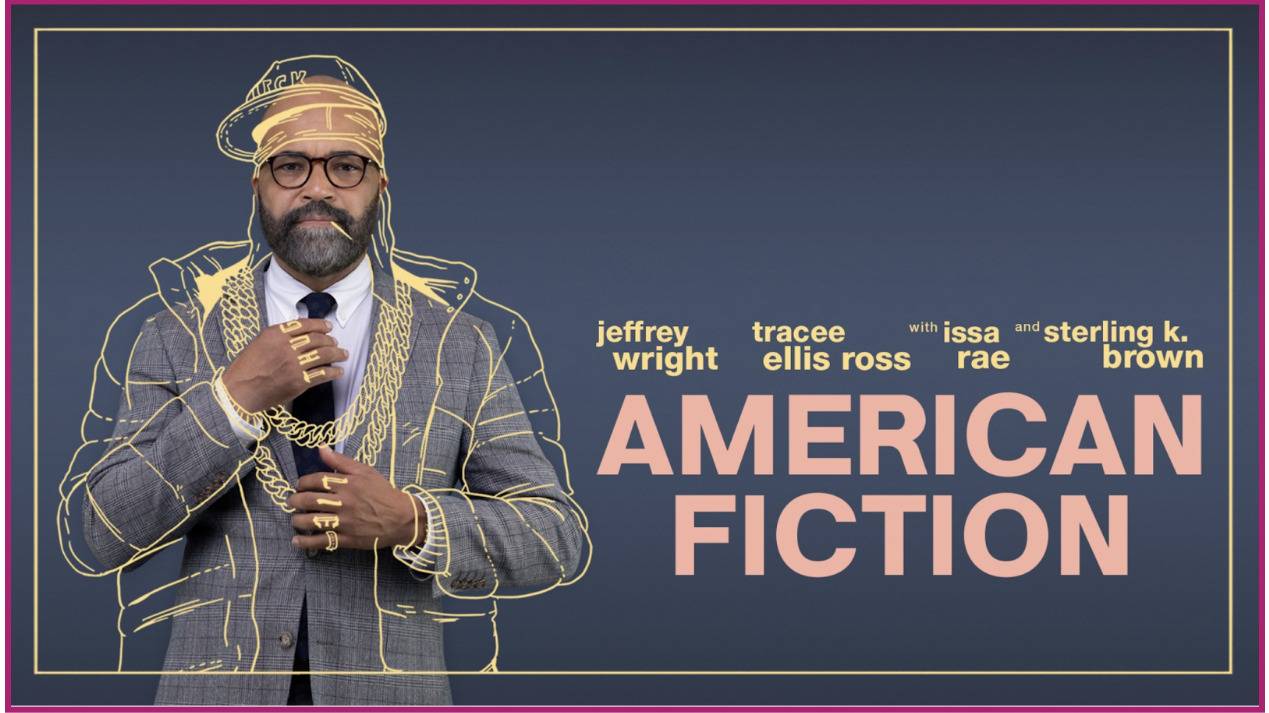
illustration by Priyoshi Kapur
Aziz Ansari’s character in “Master of None” dates a man’s wife because the man cut him in line at the ice cream store and took the last King Kong Banana Split. He has long, banal conversations with his rag-tag group of friends that seldom add anything to the story. Ansari’s bizarre sense of humor is both relatable and awkwardly funny; and ultimately, it makes for must-see TV.
Ansari plays the role of Dev, an actor and son of Indian immigrant parents. He navigates life in New York City, dealing with common problems — everything from trying to find a job to trying to find a condom — while simultaneously addressing larger issues such as racism and racial stereotyping. Casting his real-life parents on the show while drawing connections between the character Dev’s life and Ansari’s real life, “Master of None” exists in the transient space between documentary and fiction that often overlap and seep into each other.
Unlike his previous role as Tom Haverford on “Parks and Recreation” (Oh, how I miss you, glorious show), Ansari takes on the lead role in “Master of None” and handles it extremely well. The show does not pretend to be anything that it isn’t, providing clear, direct titles to its episodes such as, “Parents” (about parents), or “Indians on TV” (about Indians on TV). The titles further push viewers to think about this beautifully-shot show as a documentary. Co-created and co-written by Alan Yang, who plays Brian (son of Chinese immigrant parents sometimes sharing Dev’s problems), “Master of None” is abundant in awkward characters. There’s Arnold (often referred to as “a giant” on the show, but actually quite adorable), and Denise (the moral compass of the group and general badass).
In the episode titled “Old People” (about old people), a weird-looking robotic seal named Paro is introduced. Paro might just be one of the creepiest, cutest things imaginable (right after an ewok). Inheriting this creature after his grandfather’s death, Arnold grows attached to it. There is something so inherently human about this storyline; it reminded me of all those times in my own life I have found find unexpected objects cute or desirable. The episode also emphasizes caring for one’s grandparents, spending time with them, getting to know them, understanding their lives, and valuing their experiences. The episode exemplifies the awkward creepiness, hilarious banality, and underlying morality that are prevalent in every episode of “Master of None.”
However, there are often times when the plot becomes almost too predictable and the moral lessons too obvious. Reading the title of the episode is, in many cases, enough to get its gist. Although good intentions cannot be discredited or overlooked, if a person wants to simply relax, a moral lesson might be more annoying and frustrating than it is useful. However, this criticism might be slightly unfair because the show does exactly what it aims to do; its aim is just not in line with the main function of Netflix for people like me: to disengage all brain functions and lie in bed, suspended in a sea of Cheetos.
Being able to watch a show like “Master of None ” on Netflix — a show allowing its viewers to enjoy the banality and awkwardness of life while simultaneously learning valuable lessons — is an option that that rarely exists elsewhere. If anything, the show makes for easy viewing, swinging between humor and addressing serious issues. When you do binge-watch (because let’s face it, there’s no other way to stream Netflix) “Master of None,” my only advice is, keep an eye out for Paro. Paro is amazing; there will never be another Paro.





















